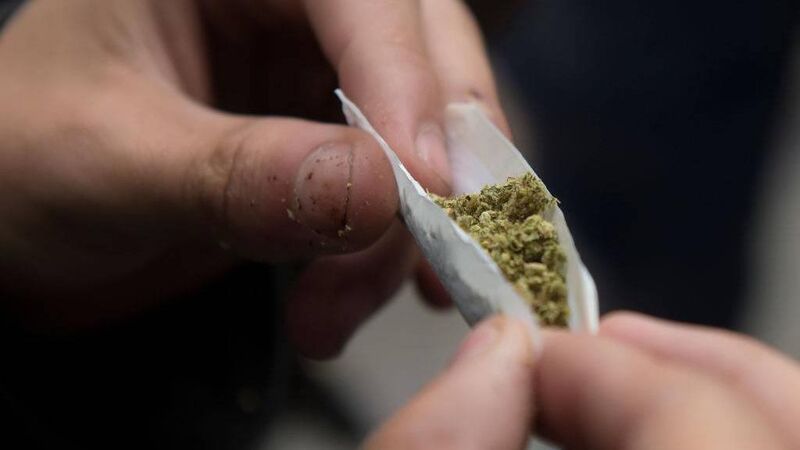Gradual changes to drug laws 'best' way

The research team interviewed 21 experts on decriminalisation from across Scotland, Poland, Norway, Ireland, and Maine in the US. Picture: Getty
Gradual alterations to drug laws are often the “most effective way” to achieve implementation of decriminalisation, a new report has said.
Based on interviews with experts across five countries, including Ireland, the report said decriminalisation should be framed as part of a “public health” approach.











